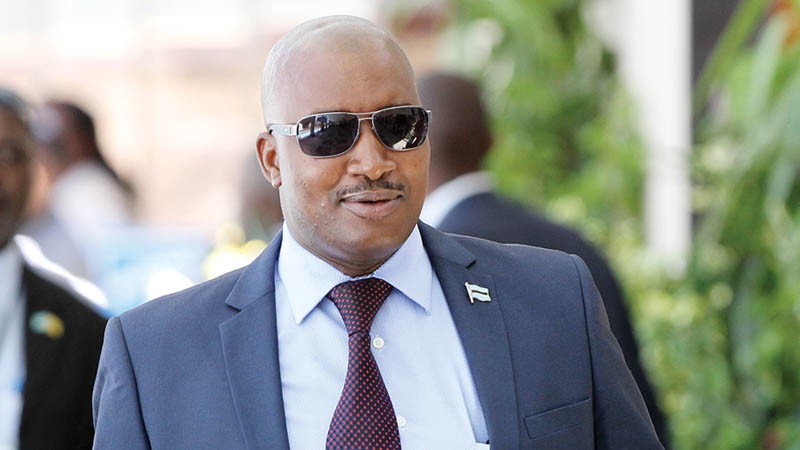Colleges of Education to transform into faculty of education
Onalenna Kelebeile | Friday September 1, 2017 14:46


Speaking recently during the just-ended BOSETU elective congress, Molao said this is meant to ensure coherent, efficient, seamless, responsive and relevant teacher education system. He added that the number of students choosing to enroll for diploma programmes offered by Colleges of Education has gone down significantly.
“This year the total enrolment in all the four colleges is only 874. This is equivalent to just over 80% of the Serowe College of Education capacity alone,” he added.
Molao said these are indicators that the demand for these programmes is far below the existing supply hence the ministry has realised that this is not cost effective hence the time has come to transform the colleges to the status of degree-offering institutions.
He also said that one reality that needs to be accepted is that the basic education system has developed to the point where there is need to have the minimum requirement being a first degree.
“What is currently happening is that diploma holders have to be taken for further studies to acquire a first degree,” he added.
Molao said in an effort to transform tertiary education the ministry is also transforming the Botswana College of Open and Distance Learning (BOCODOL) into an open university. The Botswana Open University Bill according to the minister was approved by Parliament in July and has paved a way for the establishment of the Botswana Open University.
He added that the Botswana Open University will increase access to tertiary education.
“There is no doubt that this will provide opportunities for employment creation as well as the maximisation of our human capital. This will be derived from the fact that the Open Education will tap into already existing expertise in the country. Take advantage of the opportunities availed by the Open University either as students or experts in the different fields that will be offered by the university,” he noted.
Molao further indicated that another reform within the tertiary education sector relates to the rationalisation of programmes offered by public institutions. He added that the ministry is concerned with the duplications that are evident in some of the tertiary institutions. He said such duplications in the academic programmes create inefficiencies in the education system.
“As a result we have embarked on the rationalisation of academic programmes offered by BIUST, BUAN and UB. The outcome we are targeting is a complementary landscape that enables public institutions to be responsive and efficient in addressing the human resource development needs,” he added.
Meanwhile, Professor Roy Du Pre, the European Union University Teacher Development Advisor emphasised the need for the country to move a resource-based economy to a knowledge-based economy. He said currently the country is reliant on minerals and once they deplete there would be no income hence the need to find alternatives, which is knowledge creation.”
“The world is in economic transition. Knowledge-based economy is reliant on intellectual capacity than on physical input and its creation is central to economic growth and its application.” Du Pre added that there is need to invest in ensuring that everyone gets access to technology and that money should be prioritised on improving the knowledge economy.
“Let us rethink the way government spends money otherwise knowledge economy would remain unachievable. Stand up and do what you are supposed to do. If knowledge is power then it should empower the weak,” he said
